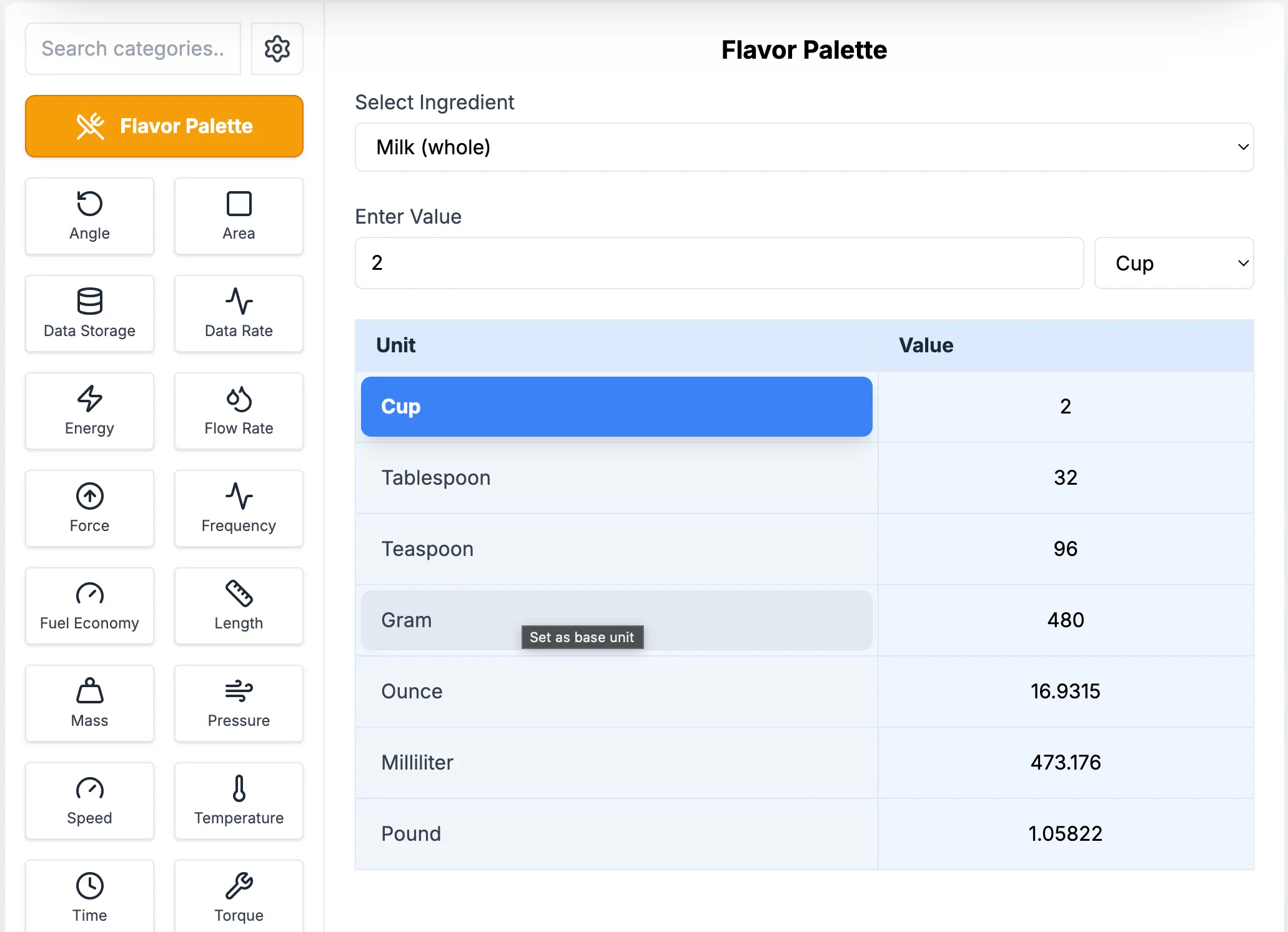Do You Really Need a Kitchen Scale? A Beginner’s Guide for Cooking Newbies
July 25, 2025
Do You Really Need a Kitchen Scale?
A Tool Philosophy Every Beginner and Pro Cook Should Consider
Kitchen scales are one of the most commonly recommended tools for new cooks. But do you really need one? Or is it just another space-taking gadget that makes you think you’ll magically get better?
Why Is “Weighing” So Important?
Accurate weight is the foundation of precise cooking. Some common examples:
- When baking cakes, if the flour-to-sugar ratio is off by more than 5%, the rise and moisture of the final product can be greatly affected.
- For Japanese broth, the weight of dried bonito and kelp directly influences the richness of the stock.
- Coffee brewing, mixology, even hot and sour soup all rely on fine control of milliliters and grams.
For these “ratio-driven” cooking types, a kitchen scale is an indispensable calibration tool.
Beginner’s Misconception: “Weighing = Advanced Cooking”
Many beginners think that precise weighing alone guarantees delicious food. This is understandable—it gives a sense of control and structure during learning.
But in reality:
- Home cooking (like braised pork, stir-fried veggies, pan-fried fish) relies more on observation, taste, and experience.
- The same 300 grams of onions can vary greatly in sweetness due to variety and season.
- Egg weight differences, humidity, and cookware heat conduction all affect the result.
📍 Expert insight: “Precision is fundamental, but not a magic bullet.”
Why Do Experts Love Using Scales?
True culinary pros (chefs, bakers, R&D staff) use kitchen scales as a calibration tool:
- Set reference standards: e.g., recording “this fermentation time + 72% dough hydration” effects.
- Reproduce flavors consistently: stability often matters more than creativity in commercial kitchens.
- Common language for teamwork: e.g., SOPs specifying “120 grams of meat sauce per portion” reduce errors.
🎯 So: Kitchen scales aren’t a newbie’s crutch, but an expert’s microscope.
What Kind of Cook Are You? Decide Based on Your Needs
✅ Should Buy a Kitchen Scale:
- Frequent bakers (cakes, cookies, artisan bread)
- Those who like to record and reproduce recipes
- Health-conscious people controlling portions (e.g., 30g protein per meal)
- Users of foreign recipes (measured in grams, ounces, cups)
❌ Can Wait and Observe:
- Those who cook mostly by intuition and experience (like Chinese stir-fry)
- Limited kitchen space
- Beginners still mastering basic cooking skills
- Users of tools like Unitly for unit conversions
📊 How Does Unitly Help?
Unitly is a unit converter designed for those not good at measuring units. It supports metric and imperial conversions plus ingredient-specific density conversions, for example:
- 1 cup sugar ≠ 1 cup flour (due to density differences)
- “1 tbsp soy sauce” converts to 15 ml or 17 g
- “2 oz milk” converts instantly to ml or g, and lets you customize language and unit preferences

🧠 Tip: Use Unitly’s flavor palette to find exact grams for ingredients—more accurate than guessing or relying on memory.
Summary: A Scale Is a Tool, Not a Shortcut to Delicious Food
Scales help you calibrate, quantify, and reproduce, but aren’t the sole key to tastiness. For beginners, instead of rushing to buy all the gear, focus on:
- Practicing observation: ingredient color, seasoning changes, heat response
- Experimenting boldly: cook multiple times, note your experience
- Using conversion tools like Unitly to reduce the learning curve
- Leaving room for intuition: don’t let numbers tie your taste buds down
📌 Final tip: If you do buy a scale, choose one with 0.1g precision, oil-resistant and splash-proof, and easy-to-replace batteries—otherwise you might regret it.
Further Reading and Resources
- Free Unit Converter by Unitly: Unitly
👋 Like practical articles combining tools and mental models? Visit KairosLab!